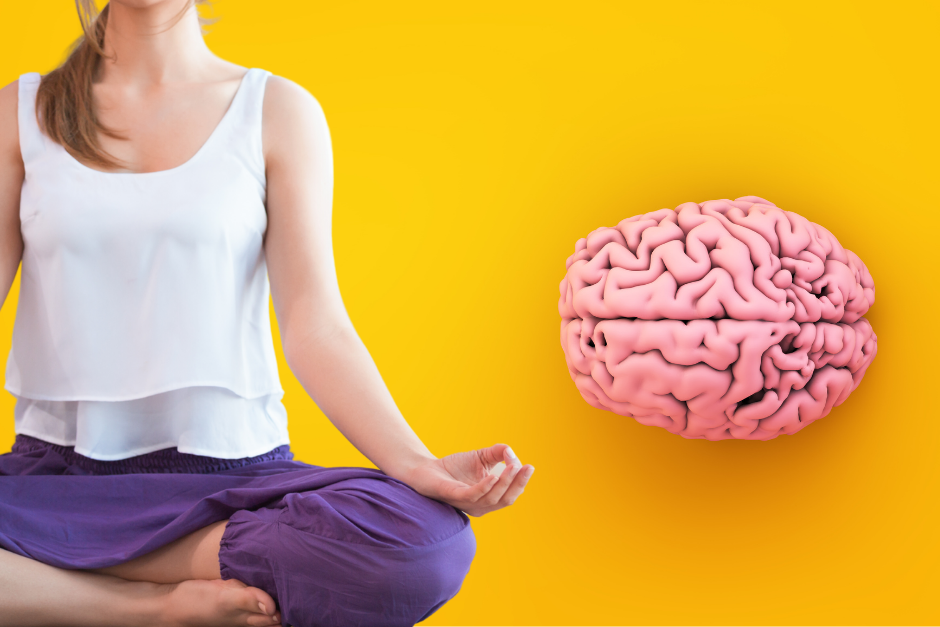What’s This Research About?
The list of articles and claims promoting the benefits of yoga is long, both for its physical and mindful components, as well as its enhancing effects on the mind. Brain health and improving cognitive functioning are hot topics, not only in the layman press, but also in scientific research. High numbers of people suffering from chronic diseases such as dementia and cognitive decline together with higher demands on performance and cognition in our lives, in school and at work calls for interventions that we know are effective in dealing with these issues.
Cognition is a broad term used to describe several mental actions, processes, and functions such as attention, memory, and executive functions. Executive functions usually involve inhibitory control, working memory, and cognitive flexibility. These might sound like complex terms, and they are, but we use them all in our everyday lives. To resist our initial impulse to act or focus on something, we use our inhibitory control. Working memory involves holding information in mind while performing one or several tasks, for example, to remember a question you want to ask while you listen to an ongoing conversation. It is critical for problem-solving. When you need to change your priorities or how you deal with demands, it requires cognitive flexibility to change perspective, reflect, and task-switch.
Earlier research has confirmed positive relationships between acute and chronic engagement in physical activity and cognition. What does the relationship look like between yoga and cognition? The authors of this meta-analysis aimed to address the size of the effect that yoga interventions have on cognition.

TITLE: Yoga and Cognition: A Meta-Analysis of Chronic and Acute Effects
PUBLICATION: Psychosomatic Medicine
DATE: September 2015
AUTHORS : Gothe, Neha P. PhD & McAuley, Edward PhD
Effect size: A quantitative measure of the magnitude of something. In this case it shows the statistical magnitude of the effect of change in cognitive function. This article used Hedges’ g to calculate the effect size. A few benchmarks were developed by Jacob Cohen (1988) where effect sizes of about 0.20 are considered small, 0.5 as medium, and 0.8 as large.
Meta-analysis: Quantitative review of research results from multiple studies to derive conclusions on the collective body of research.
Randomized Controlled Trial (RCT): A study where the subjects are selected by chance (randomly) to participate in an intervention and compared to one or more groups of subjects, one of which participated in no intervention at all (control group).

